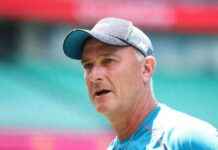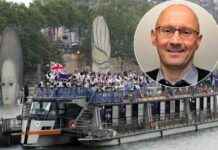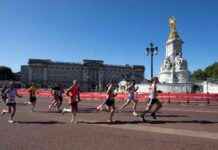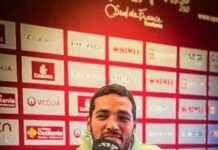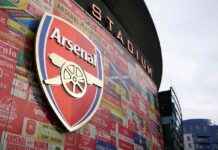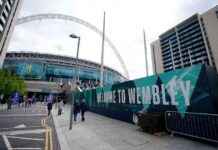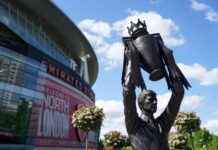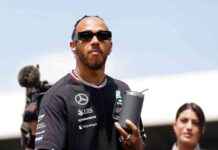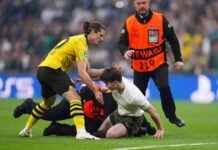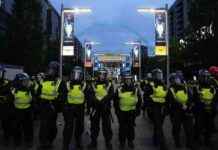Wireless Festival, one of the most anticipated music events of the summer, has announced an early end to its final day at Finsbury Park due to the clash with the Euro 2024 final. The decision to conclude the festival at 7pm on Sunday, July 14, has sparked mixed reactions among ticket holders who were eagerly looking forward to seeing headliner Doja Cat and other performers take the stage.
Impact of Euro 2024 Final
The upcoming European Championship final between England and Spain, scheduled for 8pm on Sunday, has prompted the organizers of Wireless Festival to adjust their schedule to accommodate football fans. While many supporters are thrilled to witness the highly anticipated match, festival-goers are expressing disappointment over the early conclusion of the event. The decision to end Wireless Festival earlier than planned has raised concerns among attendees who were expecting a full day of music and entertainment.
Despite the festival’s efforts to inform ticket holders about the change in schedule, some individuals have voiced their frustration and called for refunds, questioning the decision to prioritize a football match over a music festival. The clash between two major cultural events has sparked a debate on the importance of accommodating diverse interests and preferences within a community. As fans grapple with the competing demands of sports and music, the decision to end Wireless Festival early has highlighted the challenge of balancing different forms of entertainment on a shared platform.
Organizational Response and Public Reaction
In response to the scheduling conflict, Wireless Festival took to social media to notify attendees of the revised closing time and lineup changes for Sunday’s performances. While headliner Doja Cat is still set to deliver a full headline set, two acts, Tyla and Digga D, will no longer be taking the stage. The announcement has left many festival-goers disappointed and questioning the rationale behind cutting short a day of music and celebration.
Amidst the backlash from disappointed fans, Wireless Festival organizers have emphasized the importance of allowing attendees ample time to travel home and watch the Euro final between England and Spain. The decision to end the festival at 7pm on Sunday reflects a strategic approach to accommodating the interests of a wide audience while navigating the challenges of scheduling major events in close proximity. As the debate over the early conclusion of Wireless Festival continues, organizers are facing mounting pressure to address the concerns of ticket holders and ensure a seamless experience for all attendees.
Intersection of Music and Sports Culture
The clash between Wireless Festival and the Euro 2024 final has reignited discussions about the intersection of music and sports culture in contemporary society. While both forms of entertainment hold significant cultural value and appeal to diverse audiences, the decision to prioritize one event over the other has raised questions about the allocation of resources and attention within a community. As fans grapple with conflicting schedules and competing interests, the challenge of accommodating multiple forms of entertainment on a shared platform has come to the forefront of public discourse.
The debate over the early end of Wireless Festival and its implications for music and sports culture underscores the complex dynamics at play in contemporary society. As individuals navigate the diverse array of cultural events and activities available to them, the clash between major festivals and sporting events highlights the need for strategic planning and coordination to ensure a harmonious experience for all participants. As organizers and attendees alike reflect on the impact of the scheduling conflict, the importance of balancing different forms of entertainment and respecting diverse interests remains a key consideration in the planning and execution of major events.






